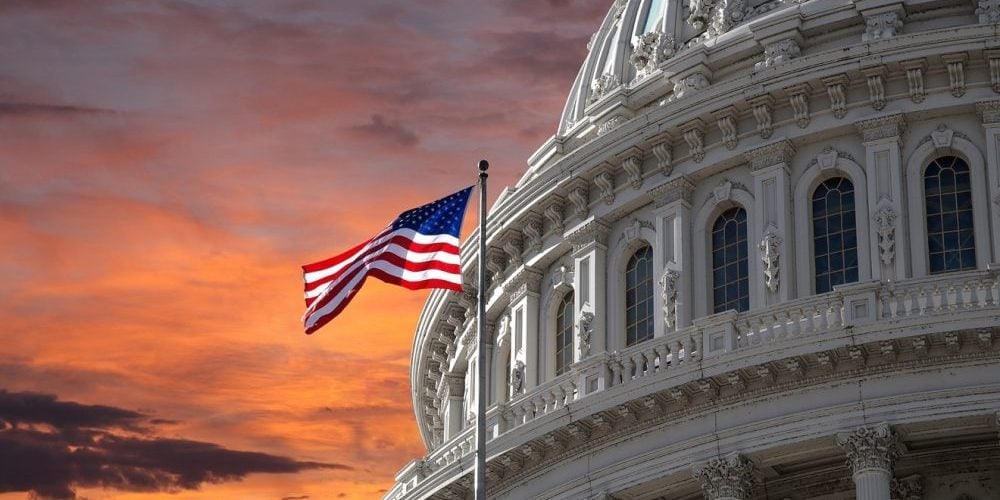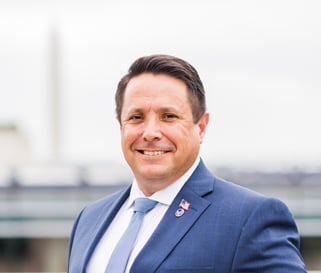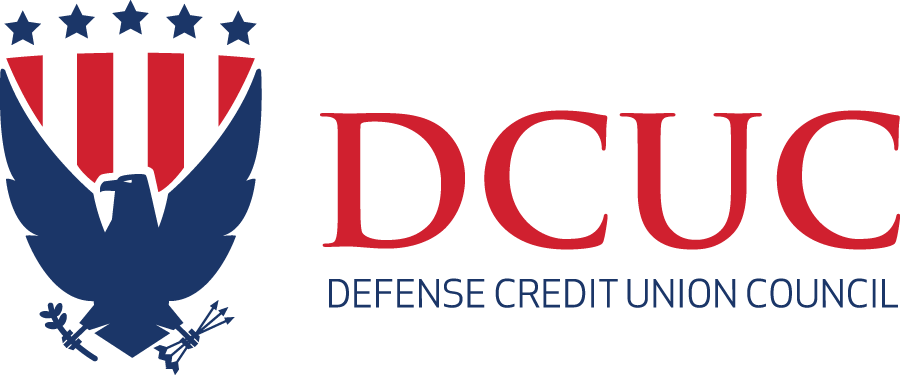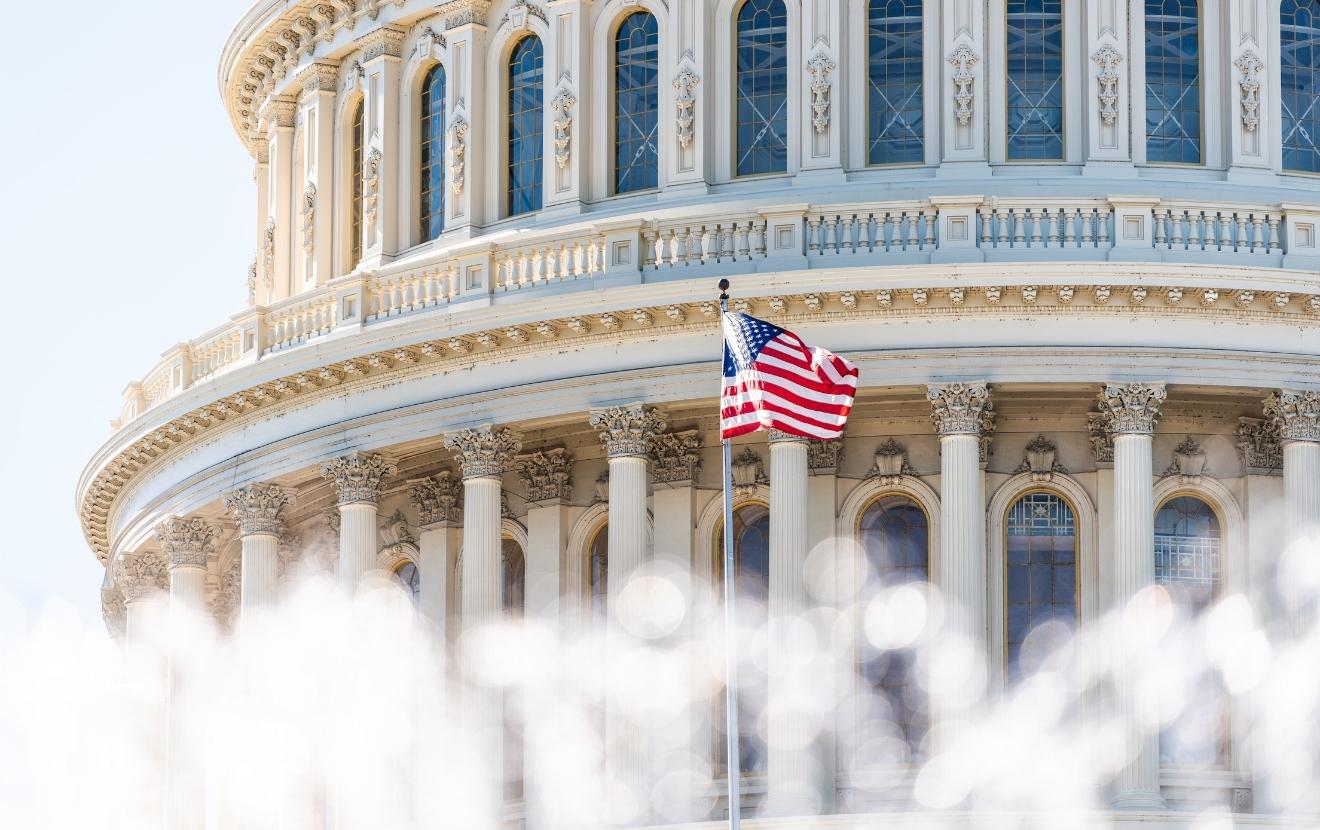Advocacy is the heart and soul of a trade association’s (or league’s) core mission. It’s not a luxury in addition to all the other reasons people join a trade association. In fact, advocacy is THE REASON why credit unions pay dues each year.
If this resonates, then you’re on the right track.
As an industry, there are several non-negotiable imperatives in designing a particular advocacy strategy in support of credit unions. Here are three primary objectives:
- Protect the industry’s tax exemption.
- Oppose unnecessary regulations that increase costs without addressing real problems.
- Preserve revenue streams that allow credit unions to thrive within their communities.
Still sounding logical? If so, let’s continue.
If a trade association cannot or will not advocate for these imperatives, chances are it won’t, and shouldn’t be around for long. Essentially, the organization has failed in its primary task—advocacy.
Of course, there are always distractions that can pull us from what really matters. This is where executives must prioritize activities and make important decisions. When executives or leaders fail to do so, the board has a duty to step in and make the necessary changes and corrections.
However, when motivation wanes, the results can be devastating. Leadership in these cases is always a challenge, and hopefully, the organization adjusts before it’s too late.
Make sense?
Shifting gears: Have you ever heard the expression, “There is a lot of laziness masquerading as wisdom out there?” That sentiment is especially true in our Nation’s Capital. Hold onto that thought while I continue to build this argument.
Opinions in our industry are robust, reactive, and easily replicated.To be fair, this is probably true in other industries. However, let’s focus on credit unions. Here’s what’s on my mind:
- Have you heard industry advocates suggest the industry’s tax exemption is a “sure thing,” because we have several allies on Capitol Hill? Perhaps we should avoid the tax exemption issue since no one is really buying all the bank lobby talking points. Does this sound like a good advocacy strategy?
- Or have you heard someone dismiss the statutory expansion of the Community Reinvestment Act to credit unions, suggesting it’s a non-starter and will “never” pass in Congress? Is it wise to discount recent public statements from long-term allies and allow actual legislative language to go unchallenged?
- What does it mean when we avoid making better arguments in support of overdraft fees, interchange, and member business lending? Ignoring our opponents’ arguments causes our industry to lose ground. So, what is your trade association or league doing to defend these issues?
Apart from taking individual action as constituents, who will credit unions rely on to consolidate, coordinate, and champion their cause if trade associations sit on the sidelines? Why does it surprise anyone when credit unions seek other advocates or hire their own?
There are many logical arguments and fallacies that drive the discourse in our industry’s approach to advocacy. You’ve likely spotted or derived several from everything said so far—and that is okay! Yet, advocacy is, and always will be, the central focus.
Finally, never let complacency take hold. Preserving our industry’s future is “Job #1.” As such, pay attention to what your advocates say, but most importantly, measure them by what they do and accomplish. As dues notices are sent out, examine why you pay dues and whether the organization has truly earned it.
As a trade association CEO, earning our member’s trust, building value, and justifying their dues is something that keeps me up at night. That, along with a relentless focus on the three key objectives outlined above. Consequently, the results have been remarkable, and in the end, it really is that straightforward.








